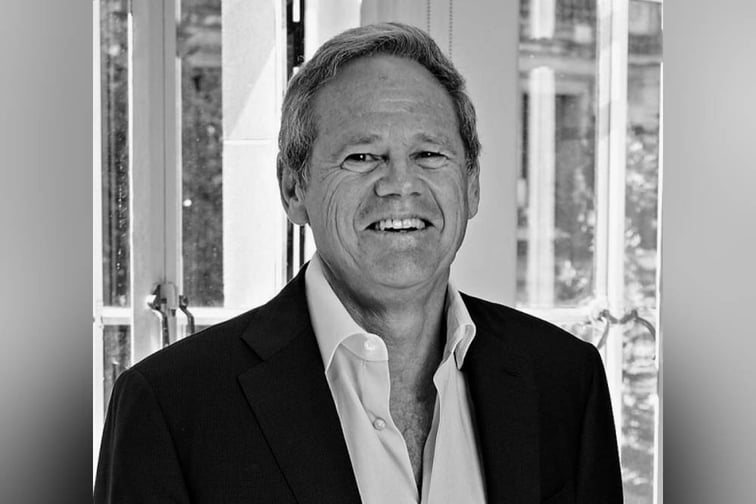

The Productivity Commission has released a report into what it called the ‘forced experiment’ of Work From Home (WFH).
Commission chair Michael Brennan said that ‘significant gains’ in productivity were possible if the flexibility of hybrid working was maintained past the end of the pandemic.
The report said that 40% of Australians were now working from home, as opposed to 8% prior to the pandemic, and spoke of the next stage of the hybrid working experiment, in which employers will attempt flexible models of working between full-time in the office and full WFH.
While the effects on productivity were the focus of the report, the effect that it might have on our cities and, in particular, our suburbs, could be massive.
Removing the commute, and the orientation of the city around a central CBD filled with offices, could spark a sea change in how urban planning in Australia looks.
“In one word: profound,” said leading urban planner Mike Day of the report. “I read the article this morning and it was a conflicting story. One hand, it said that it is going to have a profound effect and on the other, he said that it’s not going to be that profound.”
“For me, from an urban planning point of view, it is just so important. Commuting one, two or three hours, which we have been familiar with in North America and particularly California, is so debilitating to daily life. Even one hour a day is so debilitating and not healthy.”
“You hear of family breakdowns in the outer suburbs of Melbourne because the breadwinner is away from home for so long.”
“They’re not spending time with the kids or their partners, and the opportunity that has presented itself during Covid is that you can spend more time with the family or spend more time walking and cycling close to home.”
Permanent hybrid working could drastically alter what our suburbs look like, according to Day, with huge gains possible “as long as the neighbourhood is configured properly”.
“If you live in one of the cherished inner neighbourhoods of the inner cities, everything is connected and you have that intimacy,” he said. “That’s what we have to build into the suburbs. Urban not suburban: we have to urbanise the burbs.”
“We can follow what our forebears have done. We don’t need gargantuan mansions, we need workplaces at home. They can be above the garage, a studio at the back of the house.”
“The other thing is that, if we have a compacted neighbourhood and we’re not commuting, it alleviates the need for the second car. If most of the daily needs are within walking or cycling distance, you’re going to find workplaces are either at home or close to home.”
“We might still commute back the central city for a few days, but we’re not going to do it for five days a week. And there’s no need to do it five days a week.”
READ MORE: How one broker made $25m in just one month
